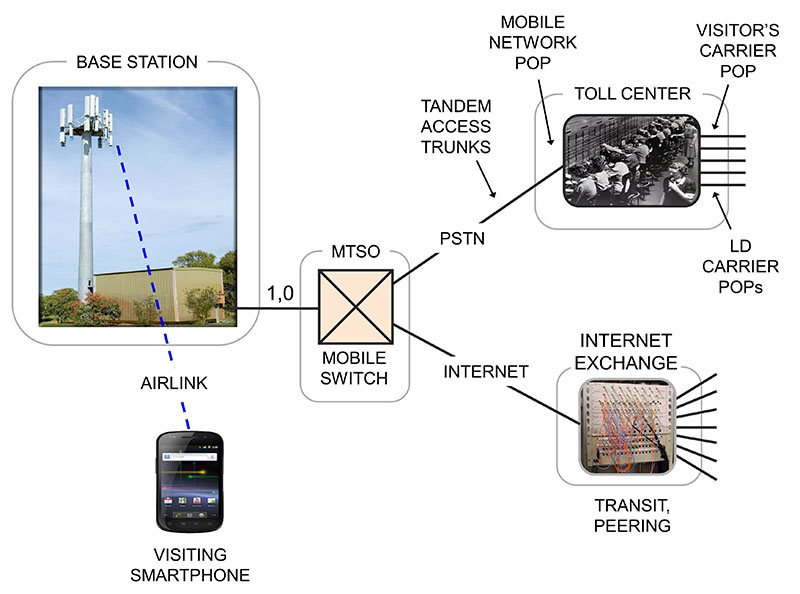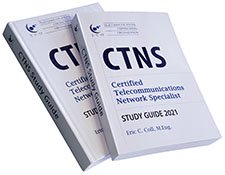In-Person January 17-21, Live Online January 24-28
Relatively new to telecom? Frustrated with all the jargon and buzzwords? Grab this opportunity to get the training you need!
Join thousands of satisfied non-engineering professionals! Bust the buzzwords, demystify the jargon and understand today’s converged broadband IP telecommunications, the technologies and services, the underlying ideas, and how it all fits together.
Stay focused, engaged and learn with a professional instructor.
Eliminate lack-of-knowledge embarrassment. Be more confident with a solid base of telecommunications knowledge you can build on, from fundamentals to IoT and everything between.
Specifically designed for non-engineers, Teracom’s renowned telecommunications training is organized into two courses back-to-back to make a full week called BOOT CAMP:
Course 101: Broadband, Telecom, Datacom and Networking for Non-Engineers, then
Course 130: Voice over IP, SIP, Security, 5G and IoT.
- Some people, needing a comprehensive base in telecom, attend only the core training Course 101 the first three days, and get the included CTNS Certification.
- Others, who already have a base, attend Course 130 the last two days for VoIP, the Security module, 5G and IoT with examples like Smart Cities, and get the included CVA Certification.
- Most people attend all five days, designated as Course 111 BOOT CAMP, to get the most comprehensive and highest quality telecommunications training available, at a discounted price, with three TCO Certifications included: CTNS, CVA and the prestigious TCO CTA Certification.
This is an easy sell with management. Your increase in productivity and accuracy will over time far outweigh the cost of a week’s training. Plus, you get bonus online courses and certification, and high quality printed course books.
Here’s a cut-and-paste training request template to submit for approval.
Here’s a sampling of student evaluations from recent classes:
“Awesome course, really. Just very, very good.”
– Tim Wilson, Ciena
“Thank you guys so much, this class was amazing! I would take this all over again!”
– Austin Thompson, NHC
“Since I am very new to telecom, this helped me connect the dots, the different layers and terminology. I liked that it followed the printed workbooks very closely so I could read the summaries after the lessons. The instructor was great. He kept it light, added some jokes to keep it entertaining. I liked most when he did drawings with his explanations.”
– Ashley Brinkman, Marketing Manager, MTA, Palmer Alaska
“The course was very beneficial for me. I wish I would have been able to take this class a few years back when I first started!”
– Tamara Pepin, CRTC
“I had some of the basics; this class filled gaps and added much more depth. Instructor Richard was open to questions at any time, and revisited topics until we got it. Having the notes in the printed course book to follow along and add to was very helpful. Richard was very passionate about the course material and had great real-life examples.”
– Robert Smieszny, NHC
“Richard is an excellent instructor. He has unmatched knowledge on the subject! He does a fantastic job interacting as if we are physically in a classroom with him!”
– Daniel Herfel, National Institute of Standards and Technology




